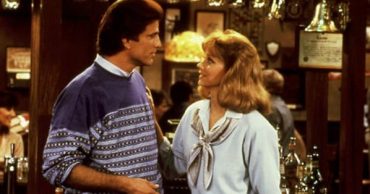Doctor Who has been a cornerstone of British television since its inception in 1963. The series has not only captivated audiences with its adventures through time and space but also introduced us to a unique concept: regeneration. This narrative device allows the show to reinvent itself with each new actor taking on the titular role of the Doctor. But what prompts these talented individuals to step away from such an iconic character? Let’s journey through time to uncover the reasons behind each Doctor’s departure.
William Hartnell’s Farewell
William Hartnell was the first to bring the enigmatic Time Lord to life. His portrayal from 1963 to 1966 set the standard for all who followed. However, William Hartnell’s health issues and the intense demands of the role eventually led him to relinquish the TARDIS keys. He did return for The Three Doctors, but his participation was limited due to his health. 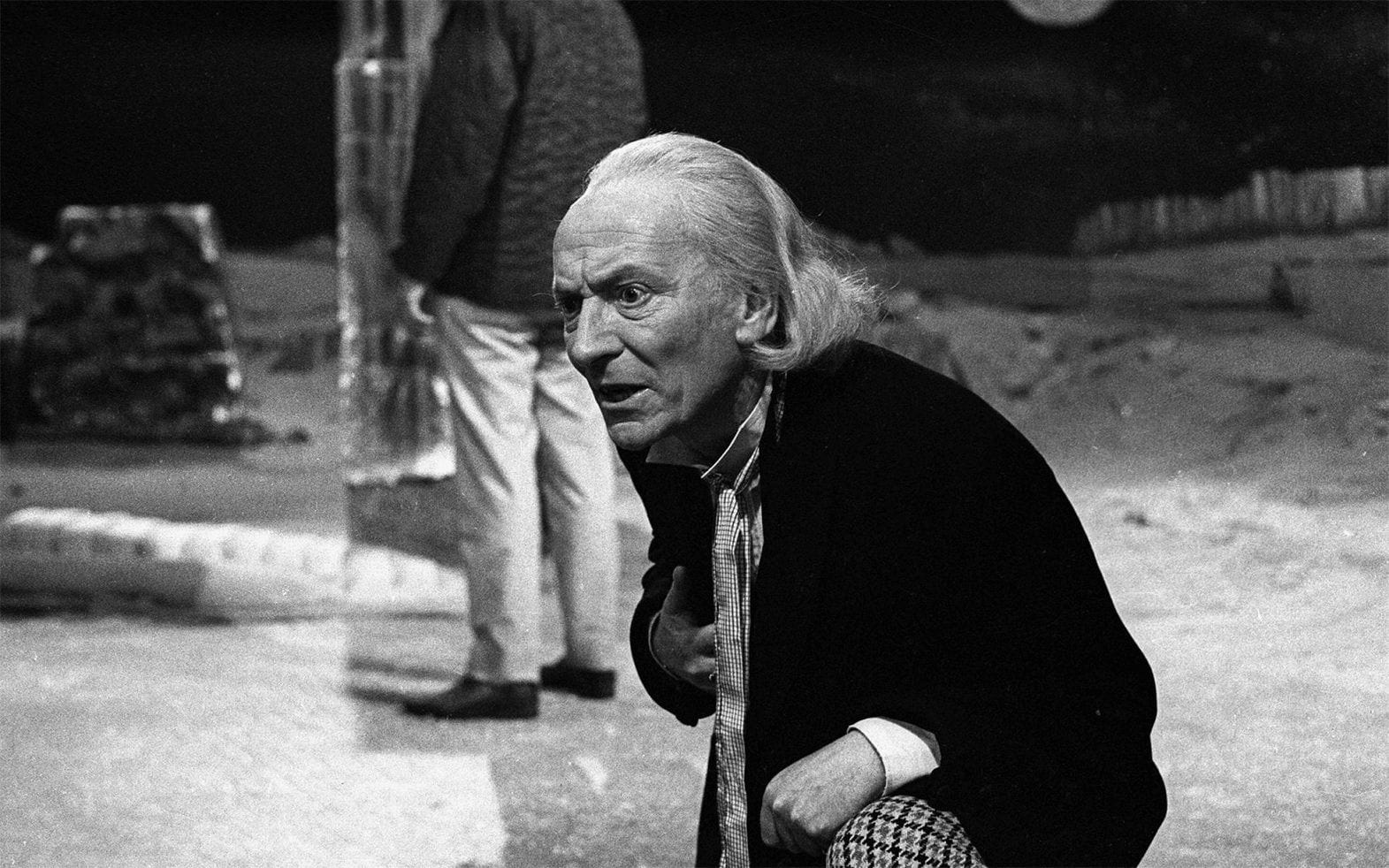
Patrick Troughton’s Strategic Exit
The Second Doctor, portrayed by Patrick Troughton, brought a whimsical charm to the series. Troughton decided to leave after three years, keenly aware of the risks of typecasting. The grueling filming schedule also played a part in his decision, marking a thoughtful exit strategy for an actor concerned about his career longevity. 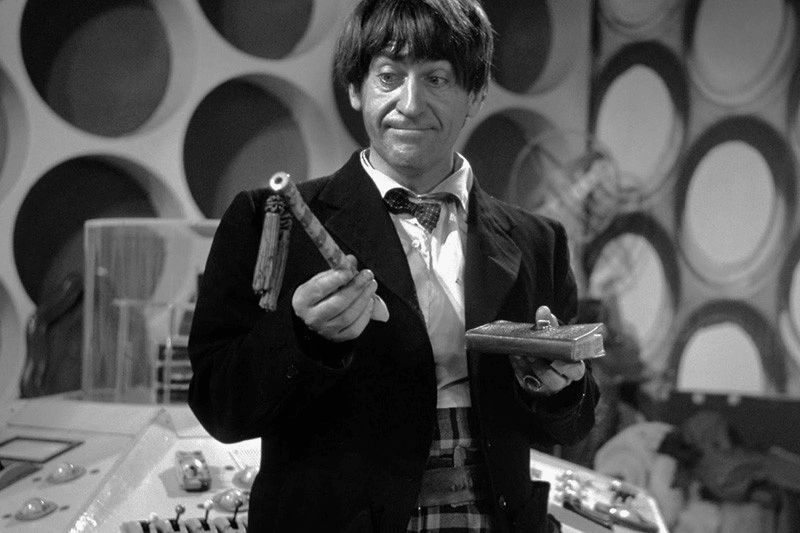
Jon Pertwee Seeks New Horizons
Jon Pertwee’s era is notable for its earthbound stories and introduction of Bessie, the yellow roadster. Pertwee’s Third Doctor was a dashing figure, but after several years, he yearned for new challenges. Changes within the production team also influenced his decision to move on from fighting Daleks and negotiating with Silurians. 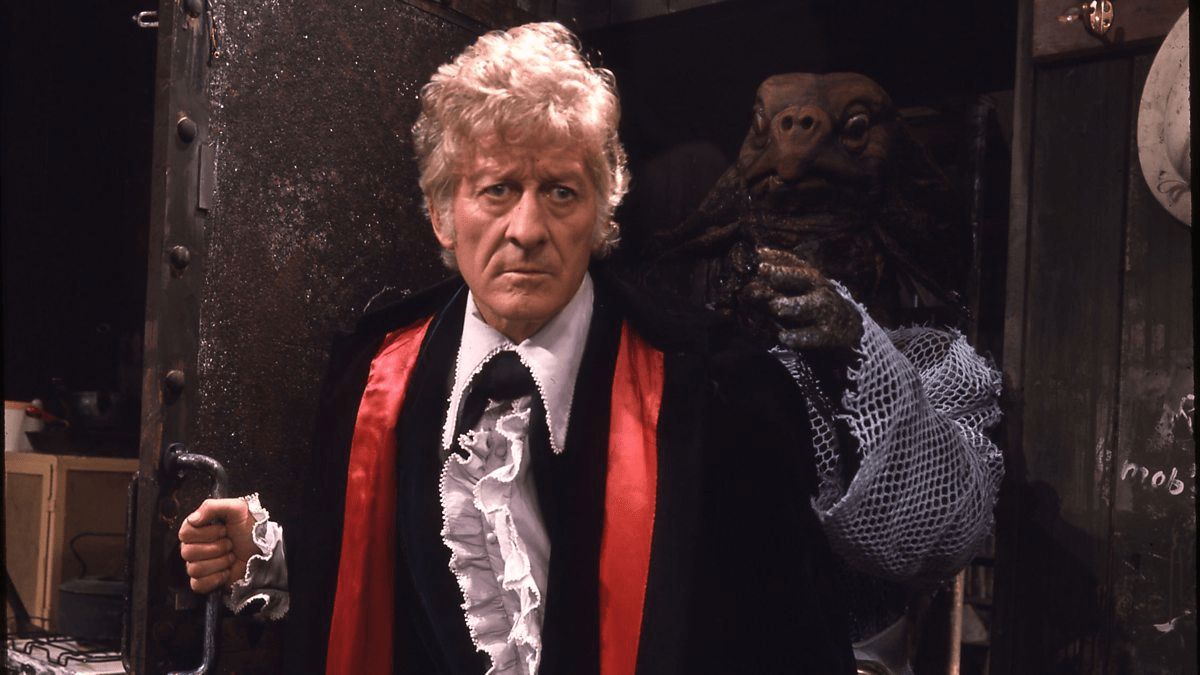
The End of Tom Baker’s Era
Tom Baker’s seven-year tenure as the Fourth Doctor is legendary, yet even legends have their time. Baker felt diminished by producer John Nathan-Turner’s approach to his performance and scripts. This tension, Baker recalls, nudged him towards realizing it was time to depart from Doctor Who. He later reflected that Nathan-Turner seemed relieved when he resigned, allowing a new vision for the show to take hold without further conflict. 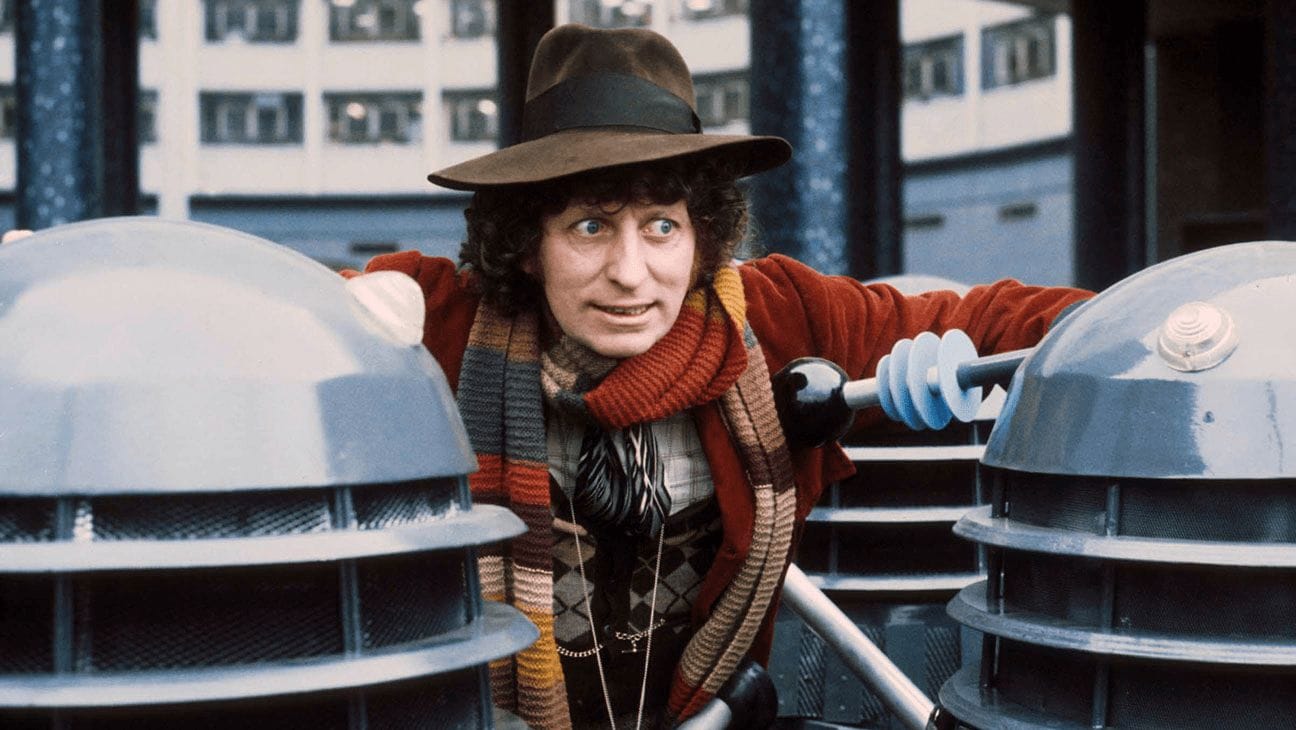
Peter Davison Heeds Advice
Peter Davison followed in Troughton’s footsteps by limiting his time as the Fifth Doctor to three years. Heeding Troughton’s advice, Davison chose to leave before becoming too closely identified with the role. His decision exemplifies how past Doctors’ experiences can influence their successors’ choices in this ever-evolving narrative tapestry. 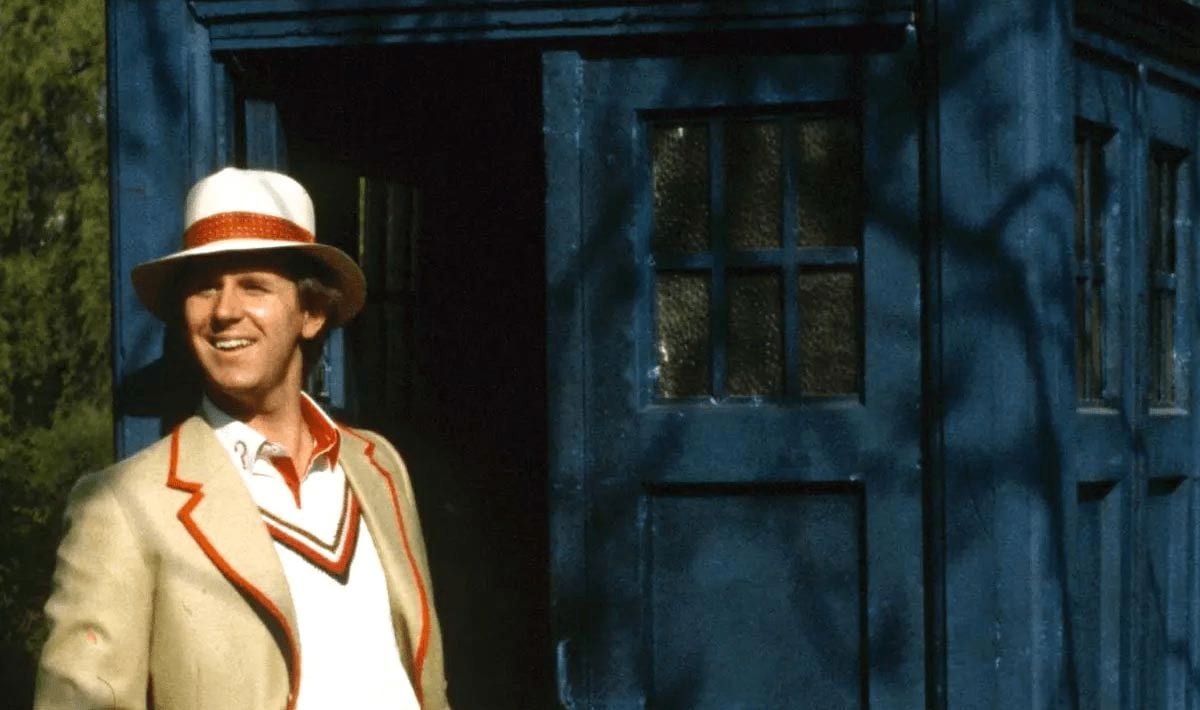
The Controversial Departure of Colin Baker
Colin Baker’s tenure as the Sixth Doctor was fraught with controversy due to creative disagreements with BBC executives. His departure was mishandled, lacking a proper regeneration scene and leaving fans with an abrupt end to his colorful portrayal of the Time Lord. 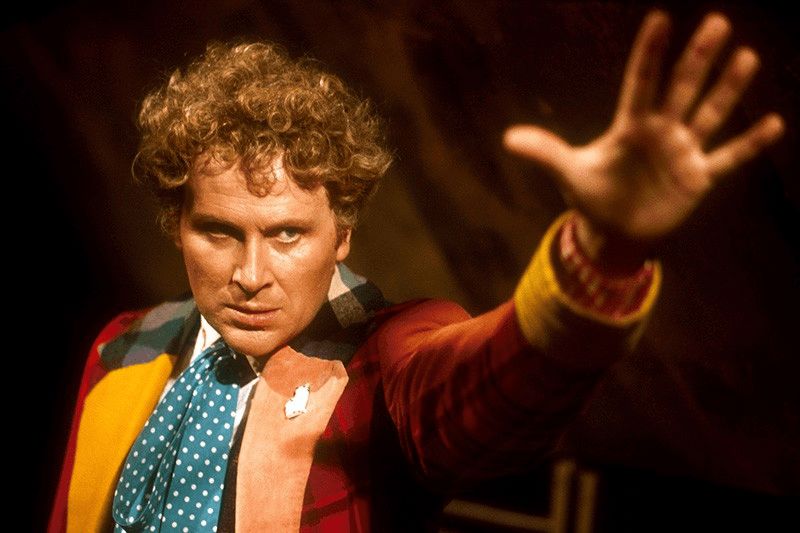
Sylvester McCoy and Show Decline
The Seventh Doctor, played by Sylvester McCoy, faced a different challenge: declining show popularity leading up to its eventual cancellation in 1989. McCoy’s departure thus coincided with a period of uncertainty for Doctor Who, marking an end of an era that would last until the show’s revival many years later. 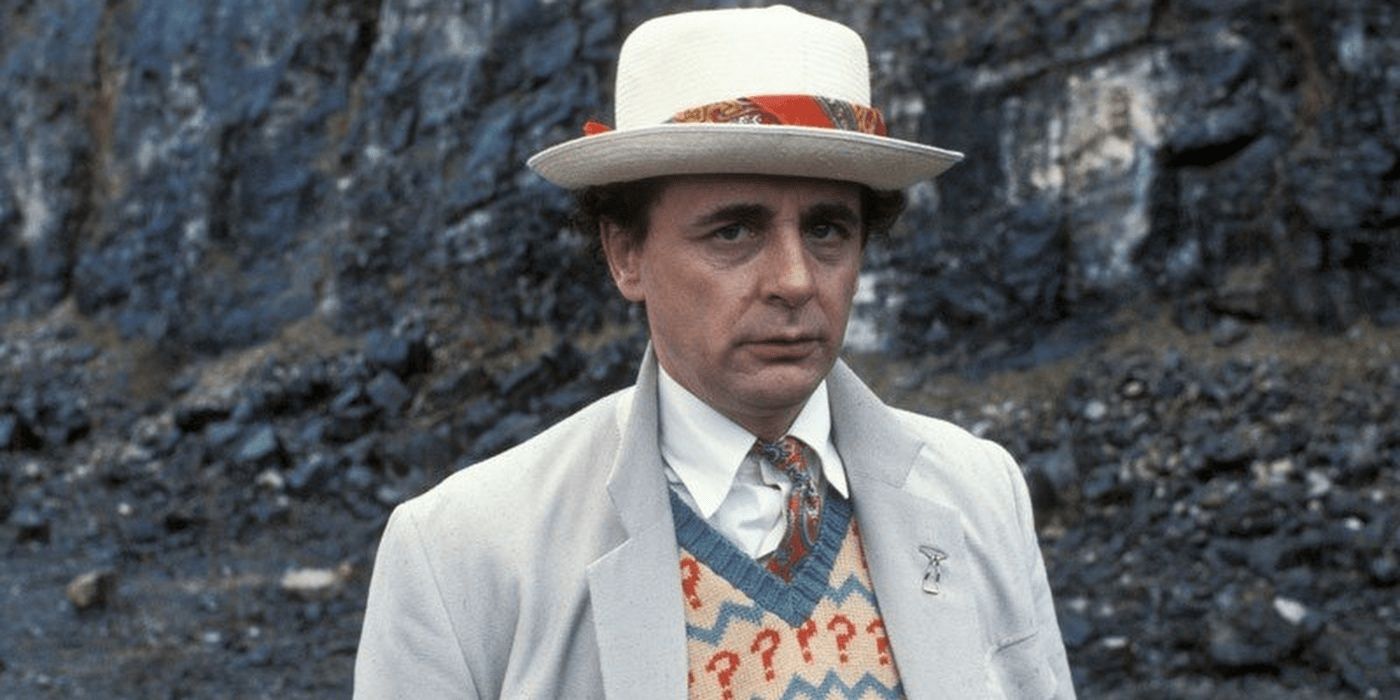
Paul McGann’s Short-Lived Run
Paul McGann’s Eighth Doctor was introduced in a 1996 TV movie intended to relaunch Doctor Who. Unfortunately, it failed to kickstart a new series, making McGann’s run brief but memorable among fans who longed for more of his interpretation of the character. 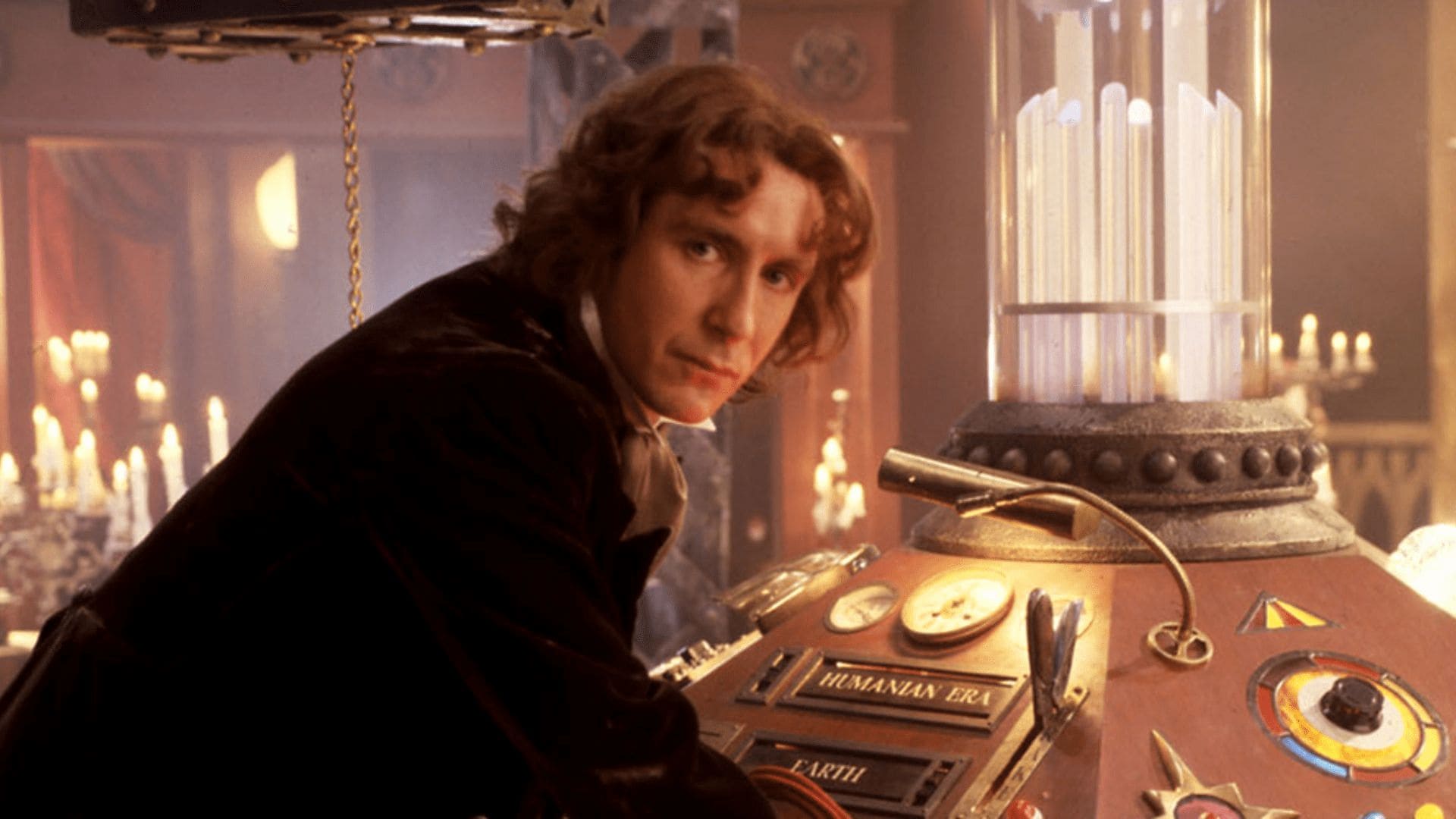
Christopher Eccleston’s Lone Season
Christopher Eccleston brought a gritty realism to the Ninth Doctor when he helped resurrect the series in 2005. Despite this successful revival, Eccleston left after just one season due to creative differences and concerns about typecasting—a recurring theme among those who’ve piloted the TARDIS. 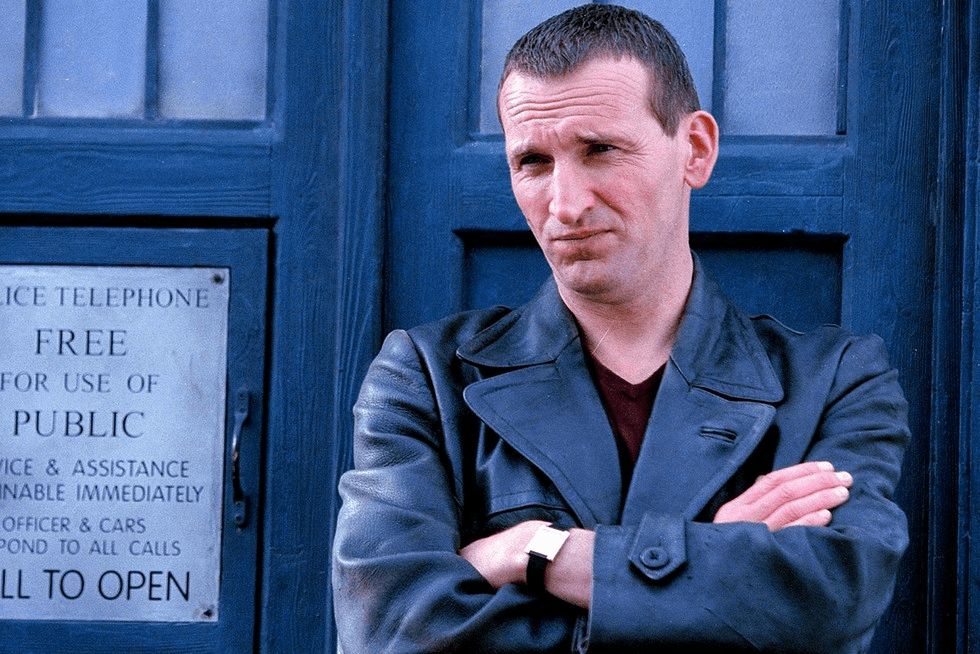
The Emotional Goodbye of David Tennant
David Tennant’s departure after five years was an emotional one, coinciding with showrunner Russell T Davies’ exit. Tennant had become synonymous with modern-day Doctor Who, and his decision to leave marked not just a change in casting but also a significant shift behind-the-scenes of this beloved series. 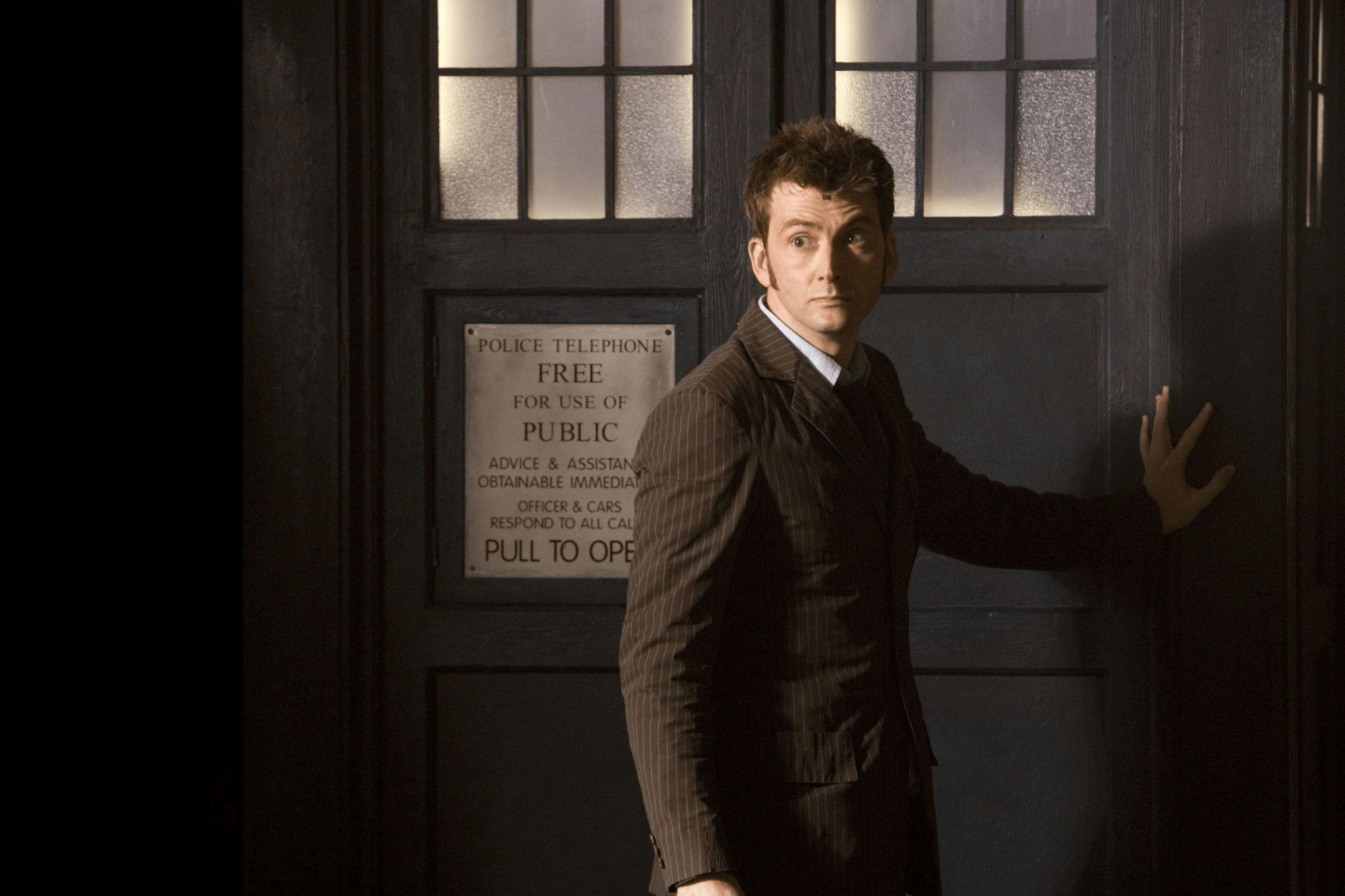
Matt Smith Embraces Change
Matt Smith embraced his role as the Eleventh Doctor with vigor and quickly became popular worldwide. Yet, even amid this success, Smith decided it was time for change—both for himself and potentially for showrunner Steven Moffat—prompting him to step down and explore new acting opportunities while leaving fans grateful for his indelible contribution to Doctor Who‘s legacy. 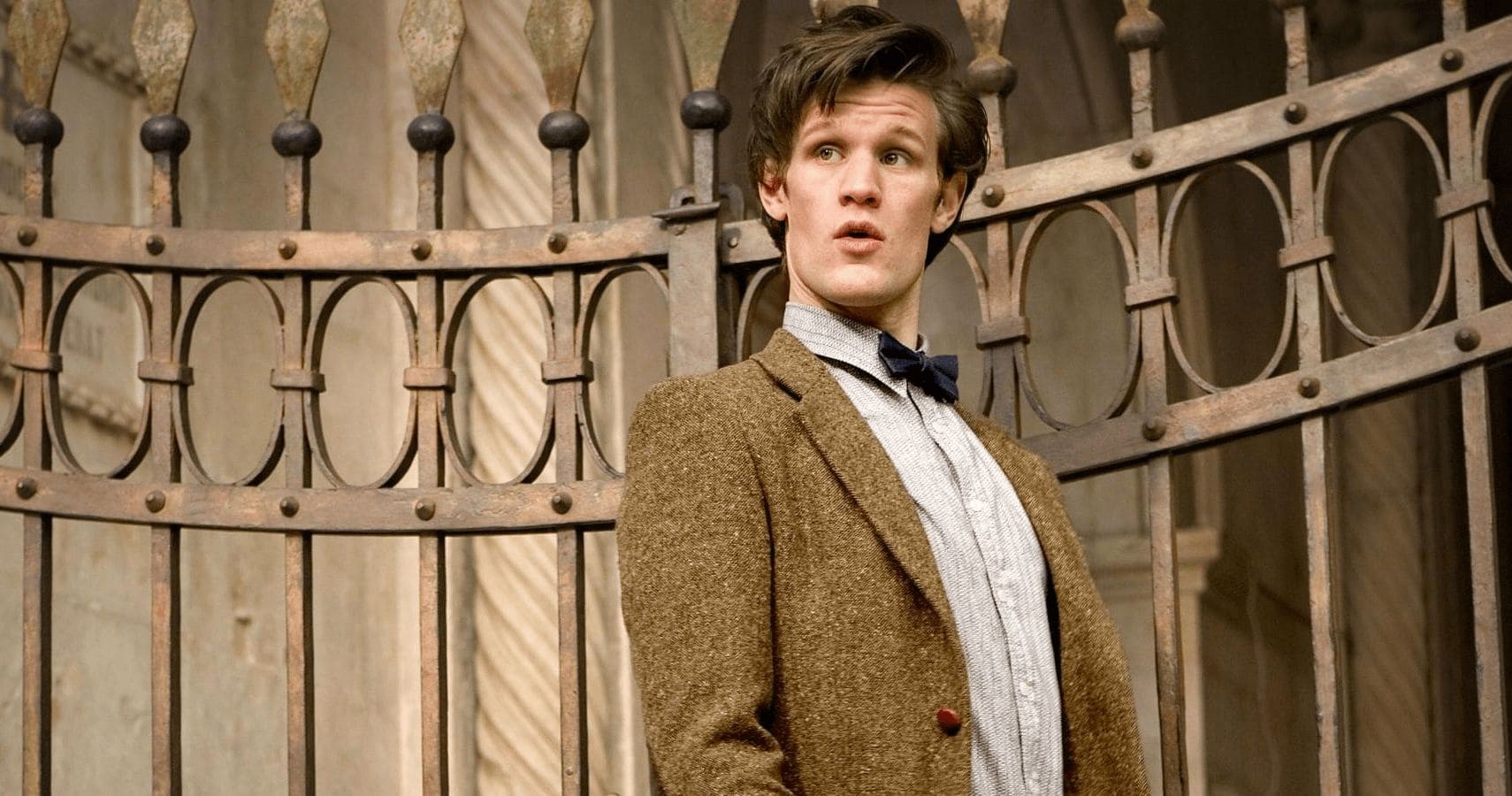
Peter Capaldi Chooses Departure Over Comfort
Peter Capaldi brought gravitas and depth to the Twelfth Doctor but chose departure over comfort—deciding to leave before he felt too settled in such an iconic role. His exit also aligned with another transition at helm with Chris Chibnall taking over as showrunner from Moffat, signifying another regeneration not just for The Doctor but for the show itself. 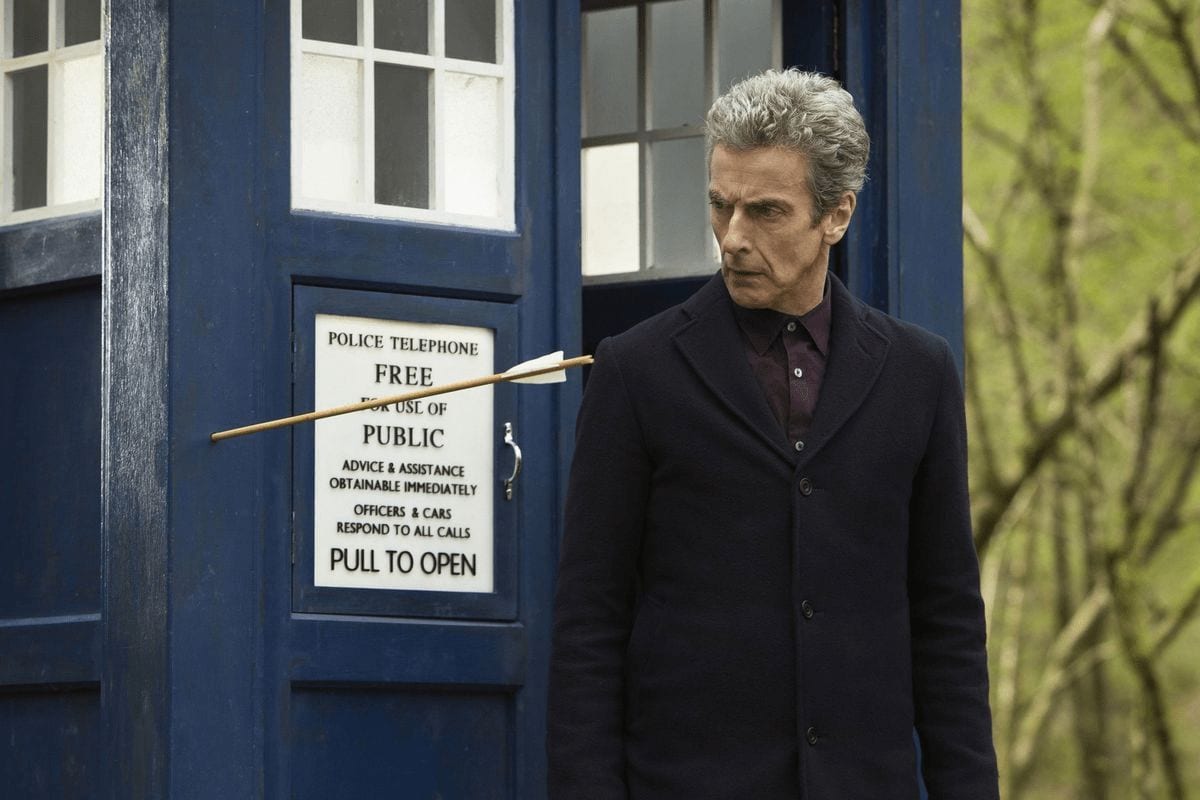
Jodie Whittaker Charts New Territories
Jodie Whittaker made history as the Thirteenth Doctor—the first woman to play the role—bringing fresh energy and perspective to Doctor Who. Her departure speaks volumes about her desire for new artistic ventures and reflects a show that is continually evolving, always ready for whatever comes next in time and space. 
 Follow Us
Follow Us

